Egypt’s Nile River Pressured by Population Growth, Rising Sea Level
Threats to the Nile and explosive population growth are pushing Egypt toward severe water scarcity.
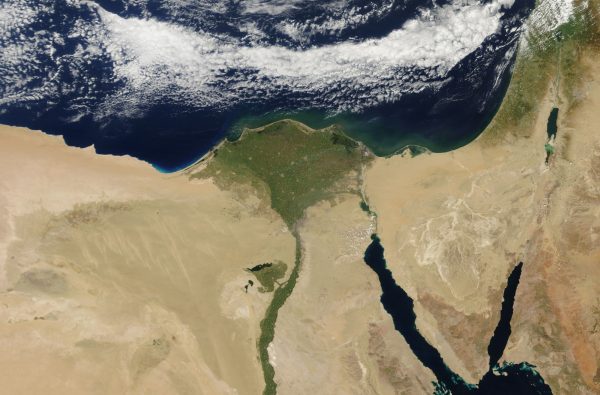
The valley of the Nile River, a rich agricultural region, appears as a broad green ribbon winding across arid lands colored in tans and browns. Photo © NASA / Flickr
The Rundown
The Nile River is a bountiful source of water for Egypt, but threats to the waterway and explosive population growth are pushing the country toward severe water scarcity. Upstream of Egypt, Ethiopia is constructing the Grand Ethiopian Renaissance Dam, a project that Egypt fears could disrupt its water supply. Downstream, rising sea levels are encroaching on the Nile Delta, home to half the country’s population. Cairo, Egypt’s capital and largest city, lies at the heart of the imperiled delta.
The pressures on the Nile River are exacerbated by rapid population growth. Egypt’s population, just under 100 million currently, is expected to double in the next 50 years. As it stands, Egypt already has one of the lowest rates of water availability per capita in the world, and most of the water is used for irrigation.
Egypt’s population growth is also leading to dangerous levels of pollution in waterways. According to the World Health Organization, Egypt ranks high for the number of deaths related to water pollution. In addition, Egypt wastes large amounts of water on irrigation and in cities. In the past decade, numerous residents on the outskirts of Cairo and other cities have illegally constructed buildings and linked them up to ramshackle water pipelines that leak profusely, squandering precious urban water supply.
“I’m worried, and anyone who says he’s not worried about water is lying.” –Abdel-Fattah, an Egyptian farmer, in reference to the future of water in Egypt. The United Nations predicts that the country will experience ‘absolute water scarcity’ by 2025.
By The Numbers
660 cubic meters Amount of freshwater per person per year in Egypt, down from over 2,500 cubic metres seven decades ago. A cubic meter is 264 gallons.
85 percent Amount of Egypt’s water that is supplied by the Nile River.
25 percent Amount that the Nile’s water levels could drop as Ethiopia fills the reservoir behind the Grand Ethiopian Renaissance Dam.
19 percent Amount that the Nile River delta would shrink if sea levels rose half a meter. If sea levels rose by one meter this century, scientists predict that a third of the delta would disappear into the Mediterranean.
95.5 percent Proportion of Egypt’s population that drinks improperly-treated water due to poor sanitation and widespread pollution.
35 percent Proportion of residential water that leaks onto the ground due to deteriorating pipes. The Egyptian Centre for Economic and Social Rights estimates that the wasted water could provide freshwater to an additional 11 million people.
On The Radar
Egypt’s president Abdel Fattah el-Sisi recently announced the construction of a major water treatment and desalination plant. Ideally, the project will help mitigate water stress from both Ethiopia’s upstream dam and rising sea levels downstream. The president says the government “will not allow a water problem to materialise in Egypt.”
Egypt could also take several steps toward improved water conservation. Currently, farmers receive water for free, paying only the cost of pumping. In cities, residents are supposed to pay a small fee for water, but the policy is rarely enforced. Stricter laws and increased fees could help diminish water usage. Last week, Cairo announced measures to monitor water waste more carefully, a promising conservation step.
Resources And Further Reading
In context reporting from Circle of Blue: HotSpots H2O, March 5: Spotlight on the Grand Ethiopian Renaissance Dam
Cairo governor warns against water waste (Egypt Independent)
Egypt building huge water treatment plant amid supply concerns (News24)
The Vanishing Nile: A Great River Faces a Multitude of Threats (Yale Environment 360)
‘We woke up in a desert’ – the water crisis taking hold across Egypt (The Guardian)
What fuel, bread and water reveal about how Egypt is mismanaged (The Economist)
The 11 cities most likely to run out of drinking water – like Cape Town (BBC)
Kayla Ritter is a recent graduate of Michigan State University, where she studied International Relations and Teaching English to Speakers of Other Languages. She is currently based in Manton, Michigan. Kayla enjoys running, writing, and traveling. Contact Kayla Ritter

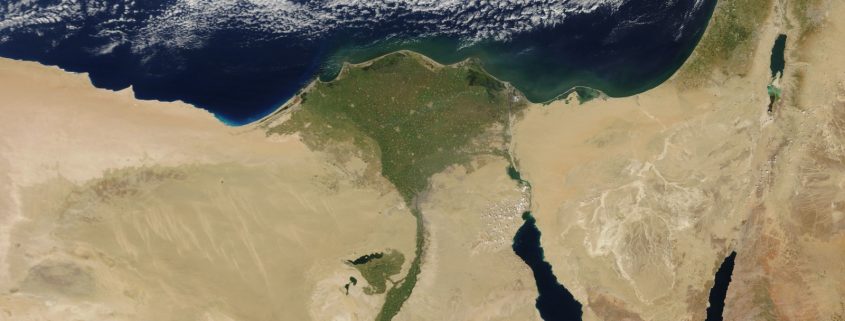

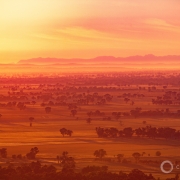

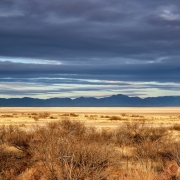
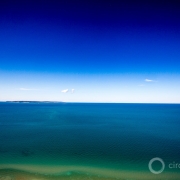
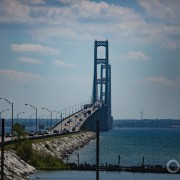

Leave a Reply
Want to join the discussion?Feel free to contribute!